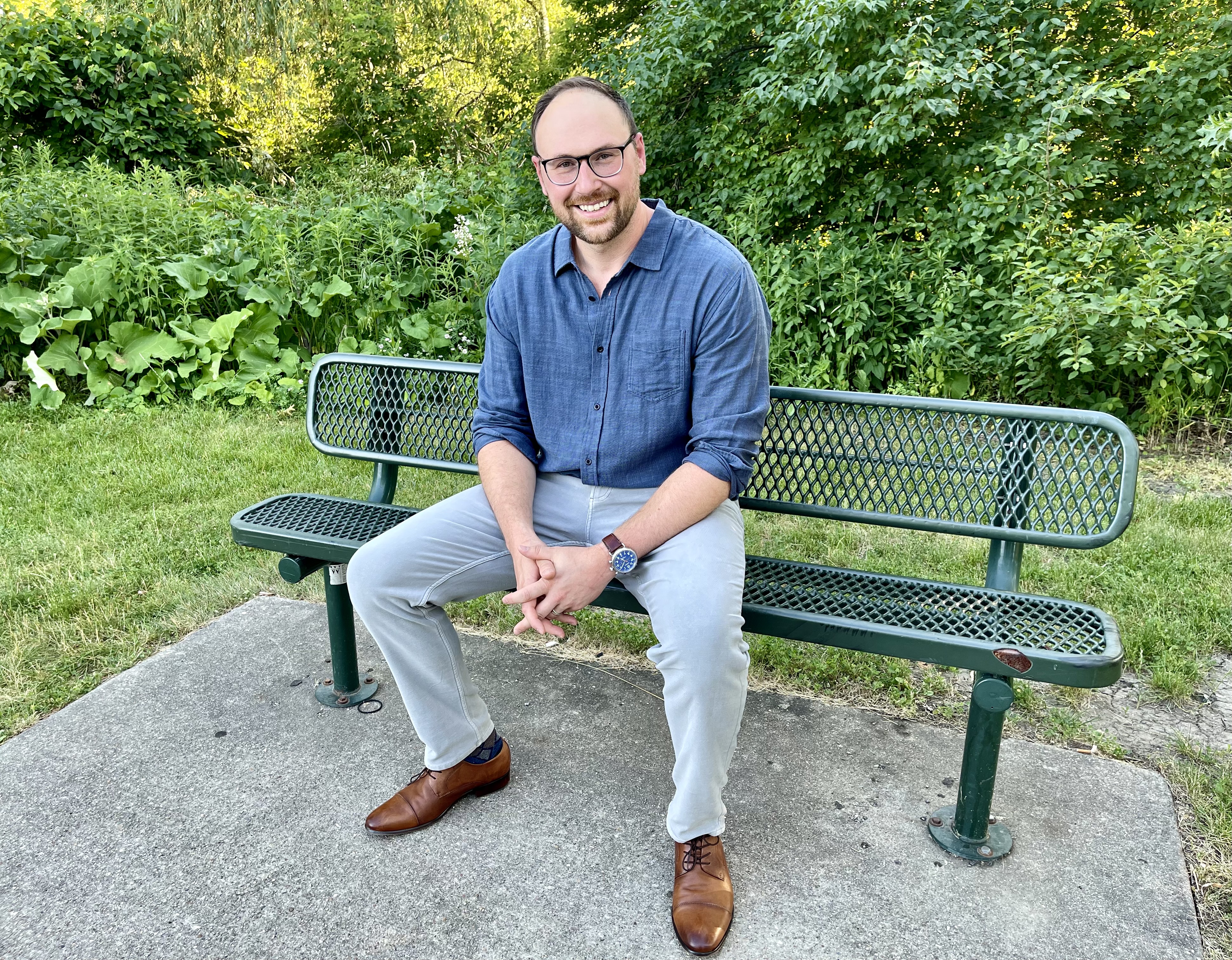
The Essential Step to Overcoming Any Identity Crisis
I’ve always remembered the day my sociology professor introduced the concept of the psychosocial moratorium. Her definition sounded something like, “It’s a time during adolescence where someone should go climb a mountain, smoke a doobie, and think about who they are.”
Of course, to a 20-year-old college student it may of just been another excuse to smoke a doobie on a mountain, but I was intrigued by the theory. I could already see that many of my peers had difficulty formulating an identity, general life direction, core values, career choice, etc.
Since then, I’ve had my own successful psychosocial moratoriums and have explored the concept further.
At the end of adolescence, the hope is that a young adult will have a firm understanding of their identity. This identity will allow them to better navigate the upcoming adult years. It will impact their decisions when it comes to college, vocation, relationships, etc.
To ensure this process is completed, developmental psychologists created the concept of the psychosocial moratorium. Usually this is done by taking a break from all other responsibilities to solely focus on self-exploration. It’s the time in life that an adolescent (or anyone in an identity crisis) pauses and reflects to form a deeper emotional understanding of who they are and where they are going.
Some people would argue this could only cater to the privileged. They would be more likely to afford a trip across the country, or take considerable time off from pursuing college or the workforce. While being able to halt all responsibilities and travel around the world may be ideal, not everyone has that opportunity. The beauty of the moratorium is that it can take any form, even if its allowing time in the beginning of the day for intentional self reflection.
When developmental psychologists created this concept, they considered adolescence to end somewhere in the early 20s. In our current culture, I think most would agree, adolescence has been extended into the mid-to-late 20s range.
Furthermore, it seems to be even more common (for a variety of reasons) for people to drastically reinvent themselves throughout the lifespan, or at the very least feel empowered to change life direction. It’s my assertion that we no longer consider the psychosocial moratorium be used for the 18 year old, but as a tool for all ages and stages of life.
It’s an active process
Sorry, (and my professor would agree) it isn’t enough to sit on a mountain with a doobie. This must be an active process. Whether it’s in the comfort of your home or at the top of the Grand Canyon, it’s important to set aside time to reflect on your self-concept and direction. Here are some questions to consider during the process:
- What are my core values, interests, and beliefs?
- What are my limiting beliefs about myself, the world, and the future?
- What do I love?
- What do I want?
- What are the messages that have been given to me by family, friends, and society?
- What messaging from the past is helpful and unhelpful to my direction?
- What roles have I historically been drawn to?
- Who do I envy? Who do I admire?
- What excites me?
- Which patterns in my life need to stop? Which need to continue?
- What am I good at?
- Where am I playing the victim in my life?
- Who do I want to be?
- How would I want people to talk about me at my funeral?
- What are my priorities? (family, work, romance, friendship, adventure)
- How do others perceive me?
- What’s my ideal day look like?
- What are the things from my past that still bring up heightened emotion? Do these need to be processed?
- What am I still carrying around?
- Who do I need to forgive? Who’s holding me back?
- What are the current state of my relationships?
- What are my dreams for the future?
- Do I even currently see a future?
- What are my strengths/weaknesses?
- Write down everything that comes to mind.
- Seek feedback from trusted friends or family members.
- Accept that it can be a confusing and difficult process that takes patience as your identity develops and evolves.
Be responsible in who you choose to become
We must take ownership and responsibility for our identity and direction. It’s easy for someone to fall into a negative mindset and say to themselves, “I’m a sad, ugly, lazy person that no one will ever love.” The values, philosophies, and labels we believe about ourselves sends a blueprint to our subconscious of how to interact with ourselves and the world. As you form your identity, imagine your brain whispering back, “your wish is my command.”
A quick word to the parents
Remember this is the time in life where an adolescent develops their identity. This is not a time to control or persuade their choices. Adolescents already have a difficult enough time during this stage of development; they don’t need a parent adding to the confusion.
Let this be a time for your own reflection, so that your insecurities and failures don’t project onto them. They are their own person, and if there is anytime to realize this it is during this stage of their life.
Parents would be wise to utilize compassion, acceptance, and patience. They can even encourage an adventurous moratorium. The more a parent is able to be supportive and respectful of the process, the more likely an adolescent will trust the parent to share in the journey with them.
An adolescent is still developing cognitively and emotionally, resulting in some funky thinking and behavior. Accepting that this is a natural process will help a parent loosen their grip. Of course always use your best judgment if the health and safety of your child is in question.
It’s a never ending process
Even though a psychosocial moratorium may only last so long, it doesn’t mean the process is over. We are constantly evolving, making it even more critical to get in the habit of regularly taking time for self reflection.
If we become more vigilant with questioning our identity throughout the lifespan, we become less likely to allow old unhelpful concepts of who we are define, and shape our lives.
No matter your age, I encourage you to have your own moratorium. You may be surprised what you find.
Adam Lencioni is a licensed mental health counselor empowering individuals and couples to overcome their personal obstacles and create flourishing, satisfying lives. He currently practices at CFC Therapy Group in Chicago, IL. Contact him at adam@cfctherapy.com.

